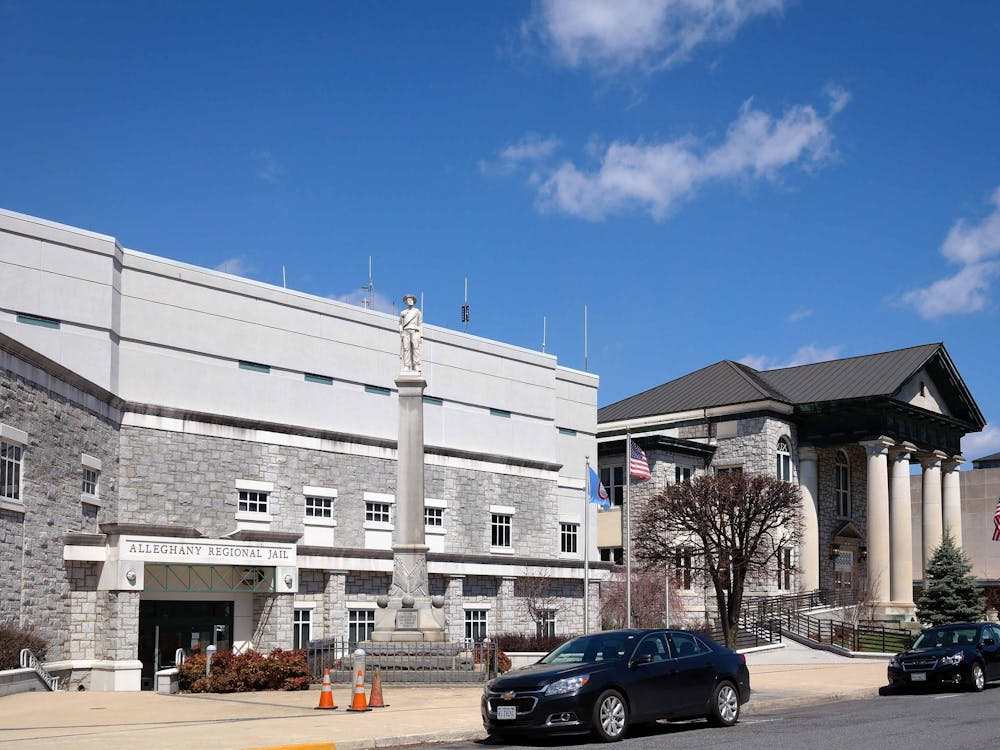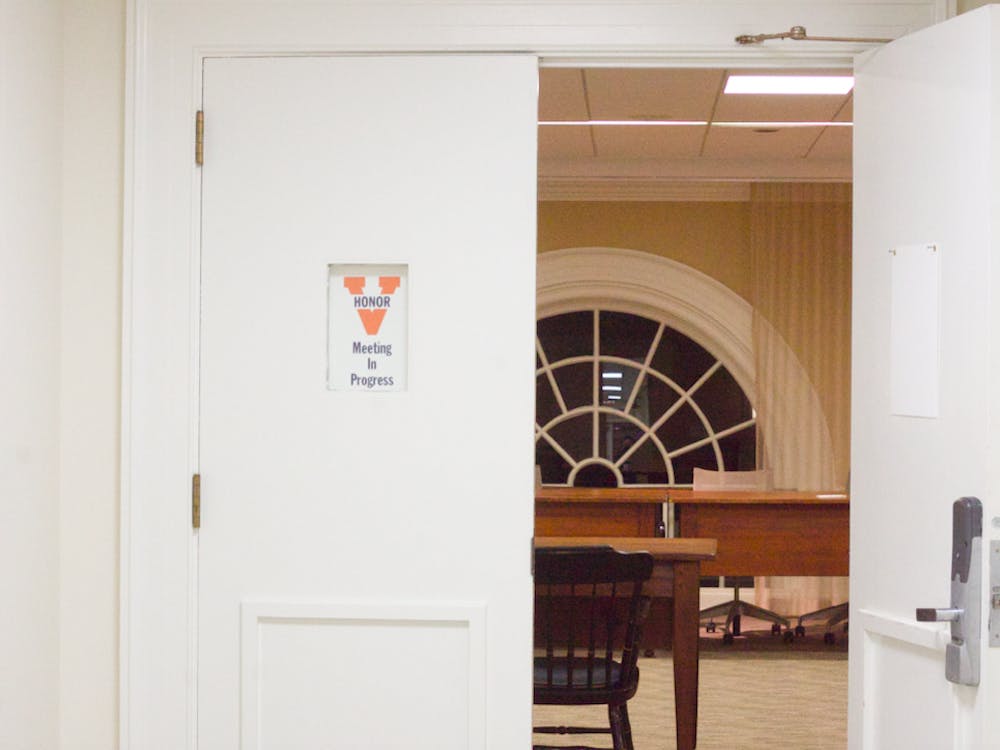At the start of each semester, Grounds is filled with a certain buzz as students eagerly attend their first classes, reunite with friends after the break and join new Contracted Independent Organizations. Amidst this excitement looms the cost of textbooks. For most courses at the University, textbooks are essential to the educational experience, often providing resources beyond required reading — many textbooks come with online access codes, homework, additional study materials and supplementary readings. While some textbooks can be rented or loaned from the library, this still places the burden on students, as they are limited in supply and renting textbooks still comes at a cost. These outside options for textbooks still present challenges of accessibility for students. This necessary aspect of education comes at a steep cost — The College Board estimates the average college student spends at least $1,200 for textbooks and course materials each year, disproportionately affecting low-income students.
Today, students spend 1,000 times more than their parents did for college textbooks in the 1970s and 1980s. This cost comes in addition to the thousands of dollars students pay each year for tuition, fees and living expenses. The exorbitant cost of textbooks adversely affects the majority of college students in the United States. A 2014 report by the U.S. Public Interest Research Group found that 65 percent of American college students cited cost as a factor for not purchasing textbooks. Furthermore, the report noted the effect on academics stemming from the exorbitant cost of textbooks — nearly half the students surveyed reported the cost of textbooks as a factor for the number and type of classes they took each semester. Students attend college to obtain a degree and prepare themselves for the workforce. Textbook expenses should not factor as a deterrent for students when pursuing a major or enrolling in certain courses.
Other universities are already making strides to reduce the cost of textbooks for their students through Open Educational Resources. OERs are “teaching, learning and research resources that can be freely retained, reused, revised, remixed and redistributed.” The University of Georgia implemented OERs in 2013 to help reduce the burden of the costs of textbooks and course materials on their students. UGA first implemented OERs for the general education courses and the large STEM courses, which traditionally have more expensive textbooks than humanities courses as there are many online homework assignments and supplemental resources. Since 2013, over 26,000 UGA students have saved $3.1 million. The benefits of OERs are not isolated to cost-savings. OERs not only increased the number of courses at UGA took per semester, but they also improved the average grades of the students enrolled in courses with OERs. Free textbooks have the ability to affect the GPA, course selection and college experience for students. The benefits of free open textbooks significantly outweigh the costs associated with them.
Most of the OER programs at public universities are established through grants and funding from state and federal governments. In 2018, the federal government allocated $5 million towards OER programs. This is just the start of the OER movement in the United States — nearly half of the state legislatures have considered legislation pertaining to OERs. In Virginia, there have been small strides towards the implementation of free open textbooks. This spring, Governor Ralph Northam signed HB 2380 into law. This legislation, which goes into effect on July 1, requires the registrar of public universities and institutions in the Commonwealth to identify courses that have low-cost or free course materials. While this is by no means an adoption of the model laid out by the UGA, it is a step towards the implementation of free open textbooks at high education institutions in the Commonwealth.
The University must expand on the progress made with HB 2340 and by following the precedents set by similar four-year institutions in providing free open textbooks for students. By implementing this initiative, the University will remove one of the many barriers to education that students face. Free open textbooks are not a new concept for student leaders at the University — Ellie Brasacchio, president-elect of Student Council, lists free open textbooks as one of her top priorities as president. Through the creation of a financial accessibility committee under the Presidential Cabinet of the Council, Brasacchio aims to work with the Office for Academic Affairs to implement a similar program to that established at the University of Georgia. By making textbooks accessible to all students, the University will become a more accessible and open community.
The addition of free open textbooks follows the path of accessibility and inclusion that the University is embarking on. Earlier this year, the Community Food Pantry was established in Runk Green Room to fight food insecurity on Grounds. Just two weeks ago, the University announced a pilot period for free menstrual hygiene products in select locations across Grounds. The addition of free open textbooks at the University aligns with the positive progress towards a community that is accessible to all students regardless of socioeconomic background. Considering the positive economic, academic and social impacts of free and open textbooks, the University must move towards providing this service for all students.
Mary Alice Kukoski is an Opinion Columnist for The Cavalier Daily. She can be reached at opinion@cavalierdaily.com.






